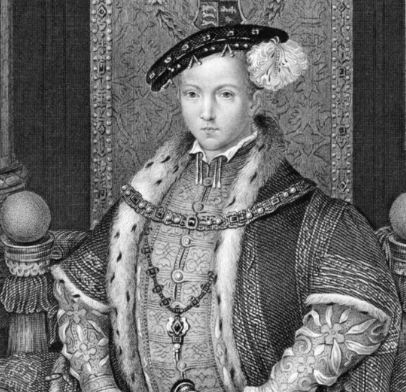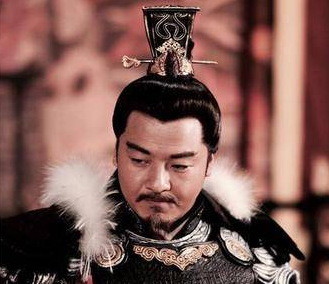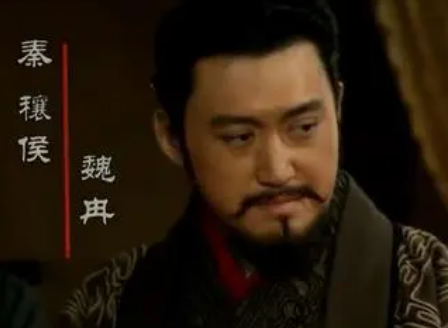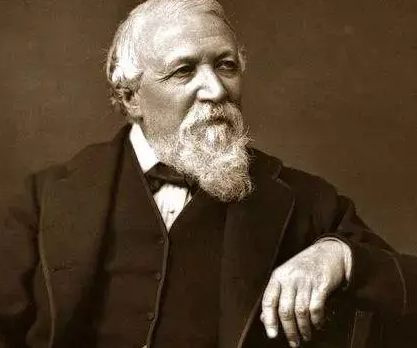In the political arena of the early Ming Dynasty, Liu Bowen was a pivotal figure. He was not only an important advisor to Zhu Yuanzhang, but also one of the founding heroes of the Ming Dynasty. However, even such a figure as Liu Bowen could not avoid encountering tricky issues in an era full of intrigue and power struggles. Among them, Liu Bowen's attitude towards Zhang Chang is a topic worthy of discussion. According to historical records, Liu Bowen once said, "Zhang Chang cannot be kept," which implies profound historical backgrounds and the complexity of character relationships.

Zhang Chang, as another official in the early Ming Dynasty, clearly touched some sensitive nerves of Liu Bowen. Firstly, we can analyze it from the perspective of political competition. During Zhu Yuanzhang's establishment of the Ming Dynasty, a large number of talents were needed to assist in governing the country. Liu Bowen and Zhang Chang were both outstanding figures at that time, and they may have had competitive relationships in their careers. Liu Bowen believed that Zhang Chang's presence in the court might pose a threat to his status, hence the saying "Zhang Chang cannot be kept."
Secondly, we can also consider differences in ideologies and policies. As an experienced advisor, Liu Bowen's political ideologies may have differed from Zhang Chang's. In the early Ming Dynasty, various political factions and ideological concepts were colliding and competing fiercely. If Zhang Chang held opposing views to Liu Bowen, then Liu Bowen would naturally consider him an obstacle to reforming and implementing his policies.
Lastly, we cannot overlook the complexity of human nature. In the game of power, trust and betrayal are often separated by a thin line. Liu Bowen may have issued such statements due to mistrust towards Zhang Chang personally, or concerns that Zhang Chang's ambitions and actions would have adverse effects on himself or the Ming Dynasty.
In conclusion, the reasons why Liu Bowen said "Zhang Chang cannot be kept" are multifaceted, involving political competition, ideological differences, and personal trust among other levels. In the changing political environment of the Ming Dynasty, the fate of each character was closely linked to their political surroundings. Liu Bowen's statement perhaps serves as a microcosm of the complex interpersonal relationships and power struggles of that era.
Disclaimer: The above content is sourced from the internet and the copyright belongs to the original author. If there is any infringement of your original copyright, please inform us and we will delete the relevant content as soon as possible.































